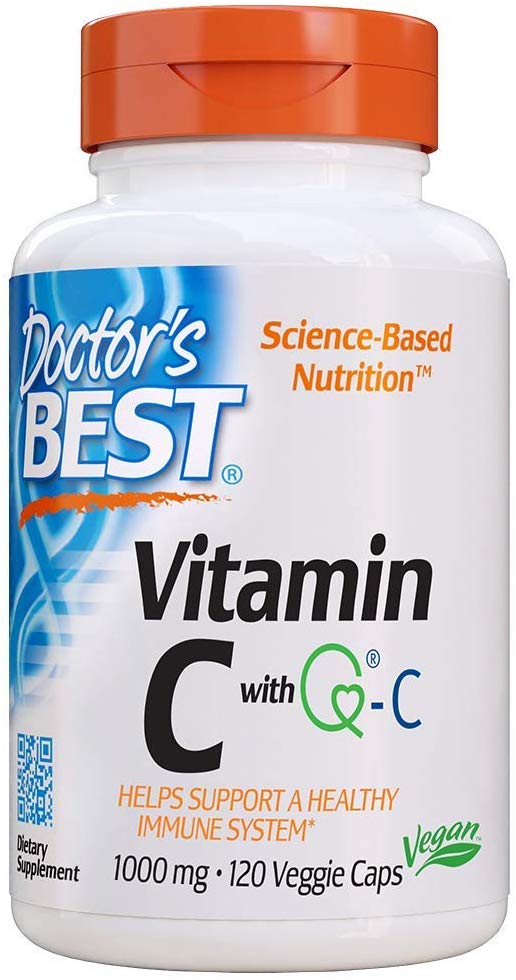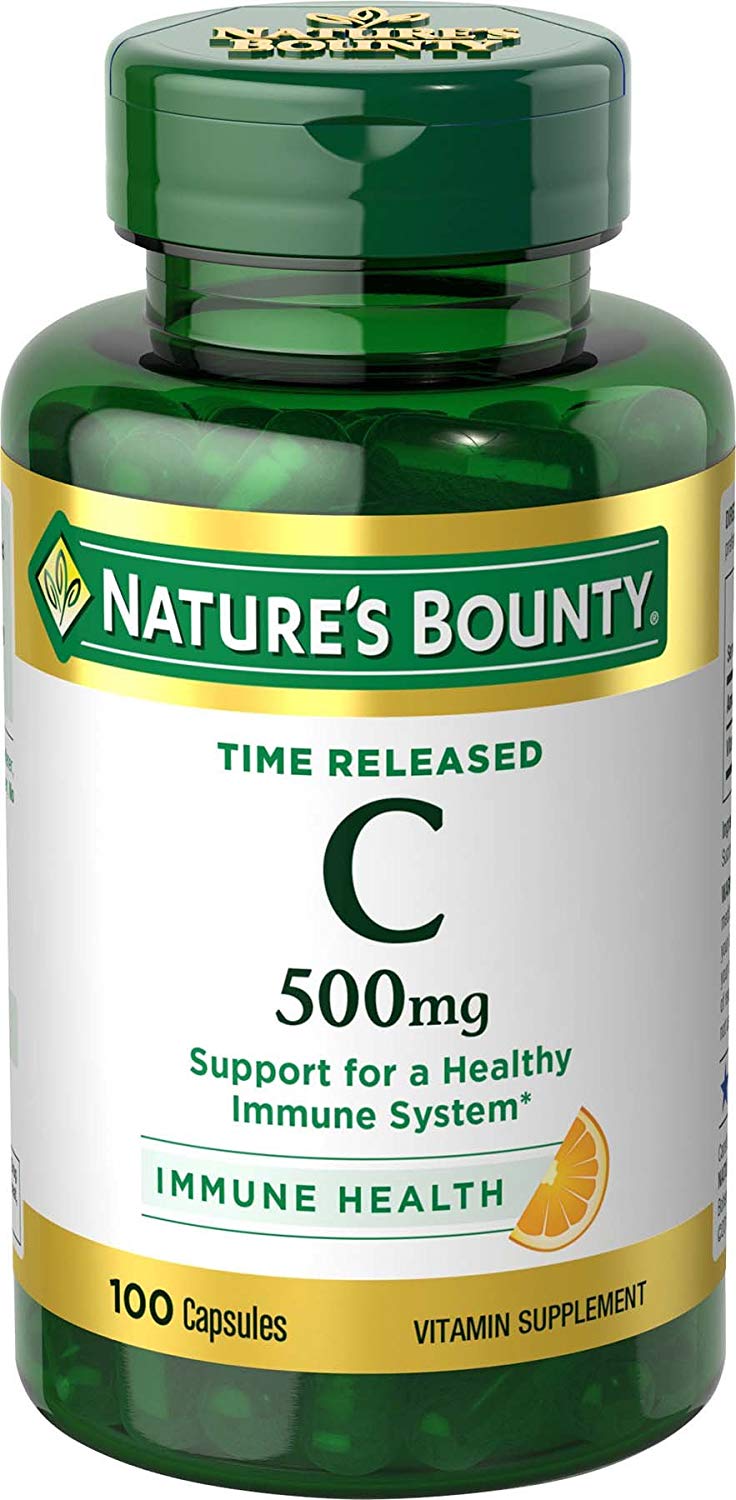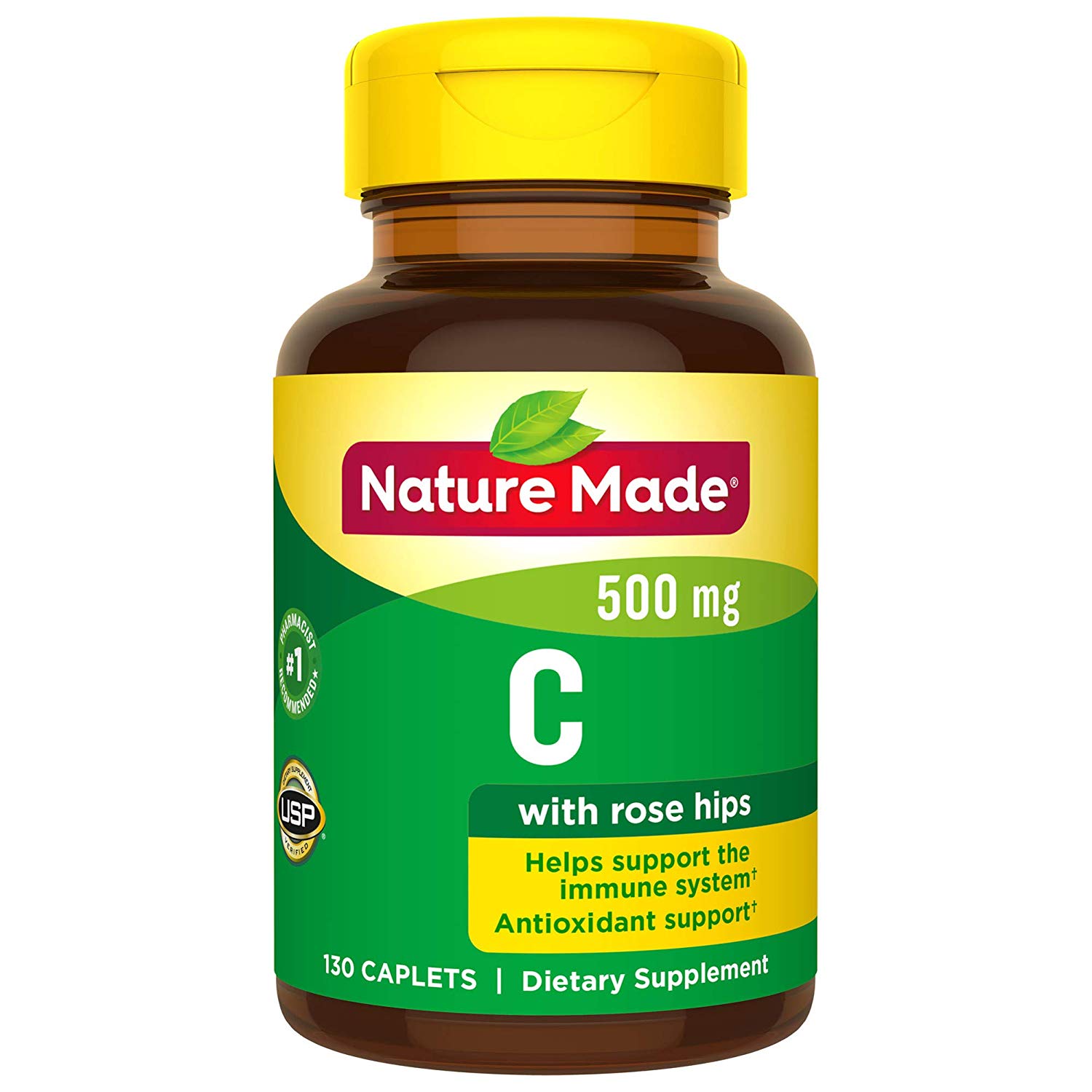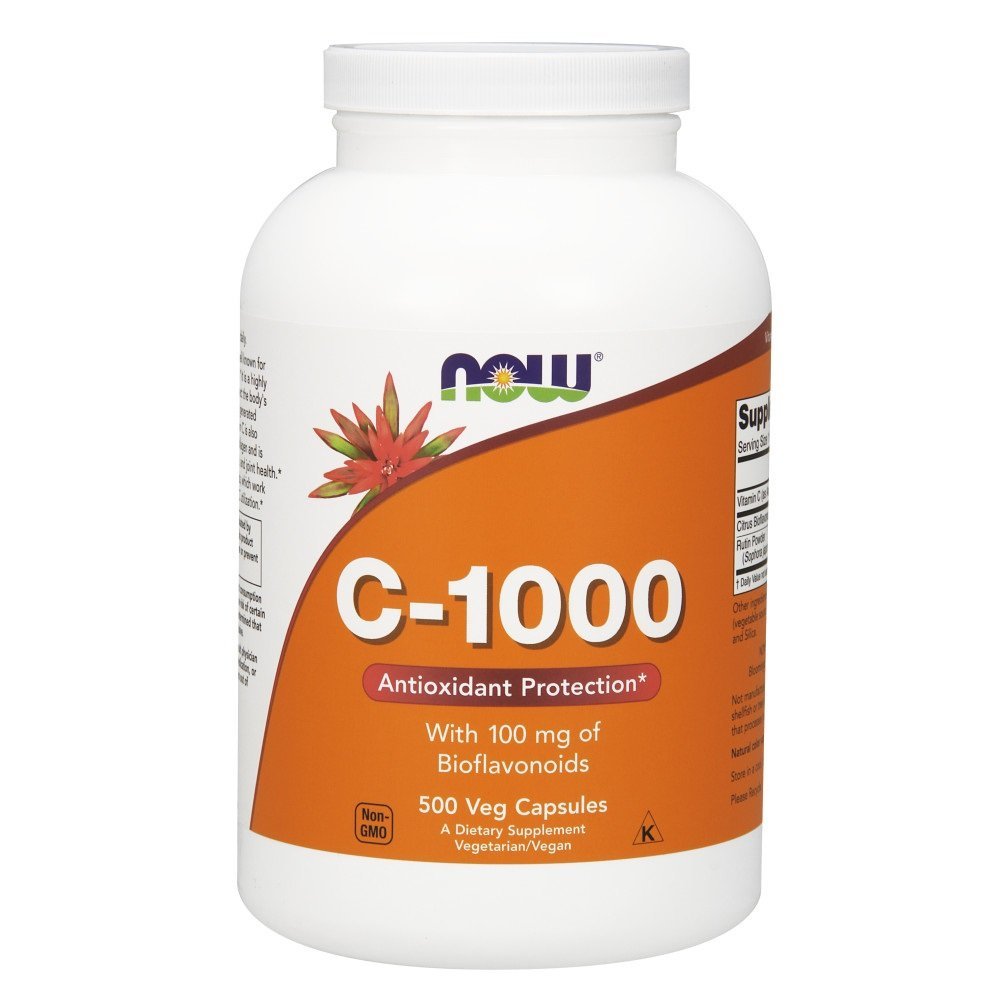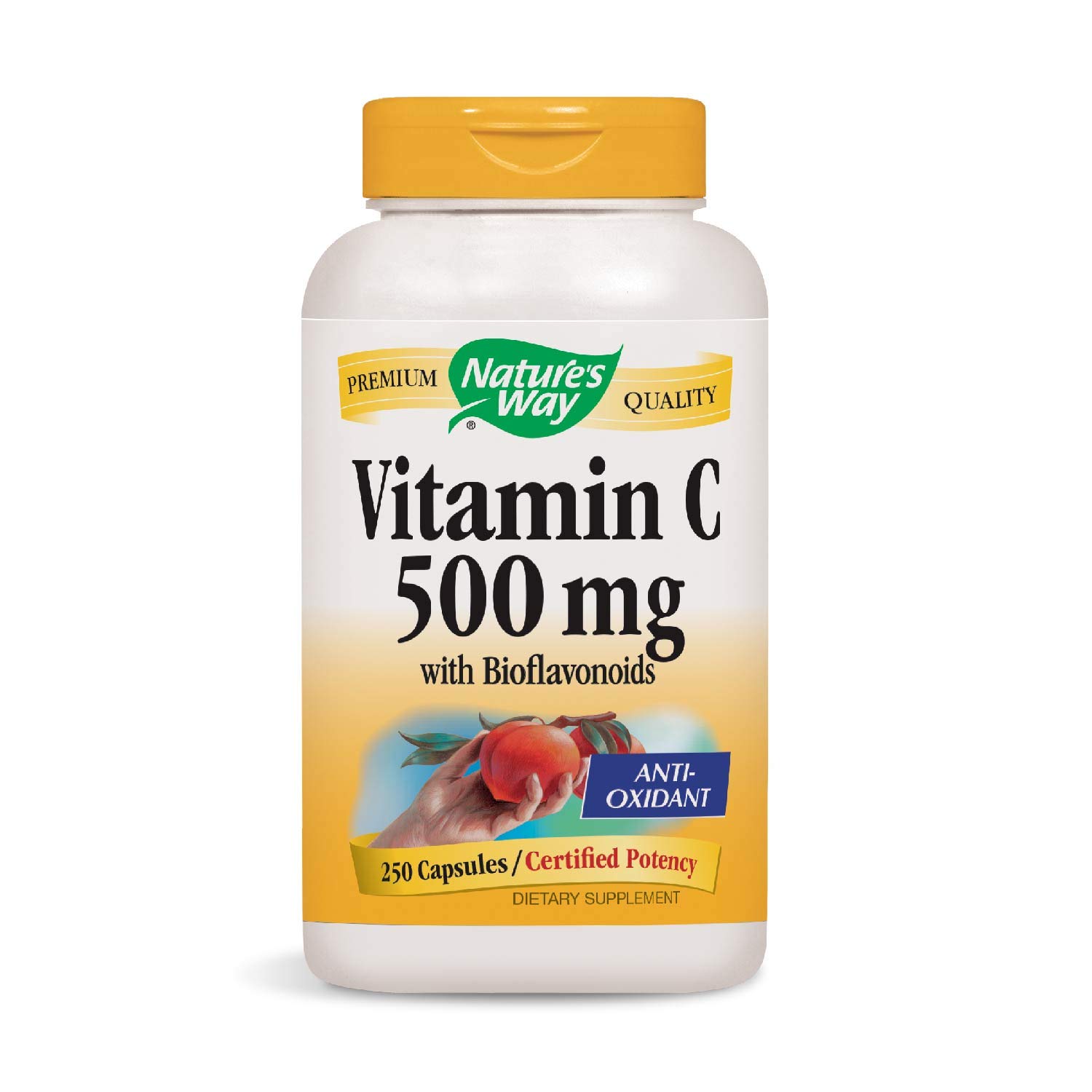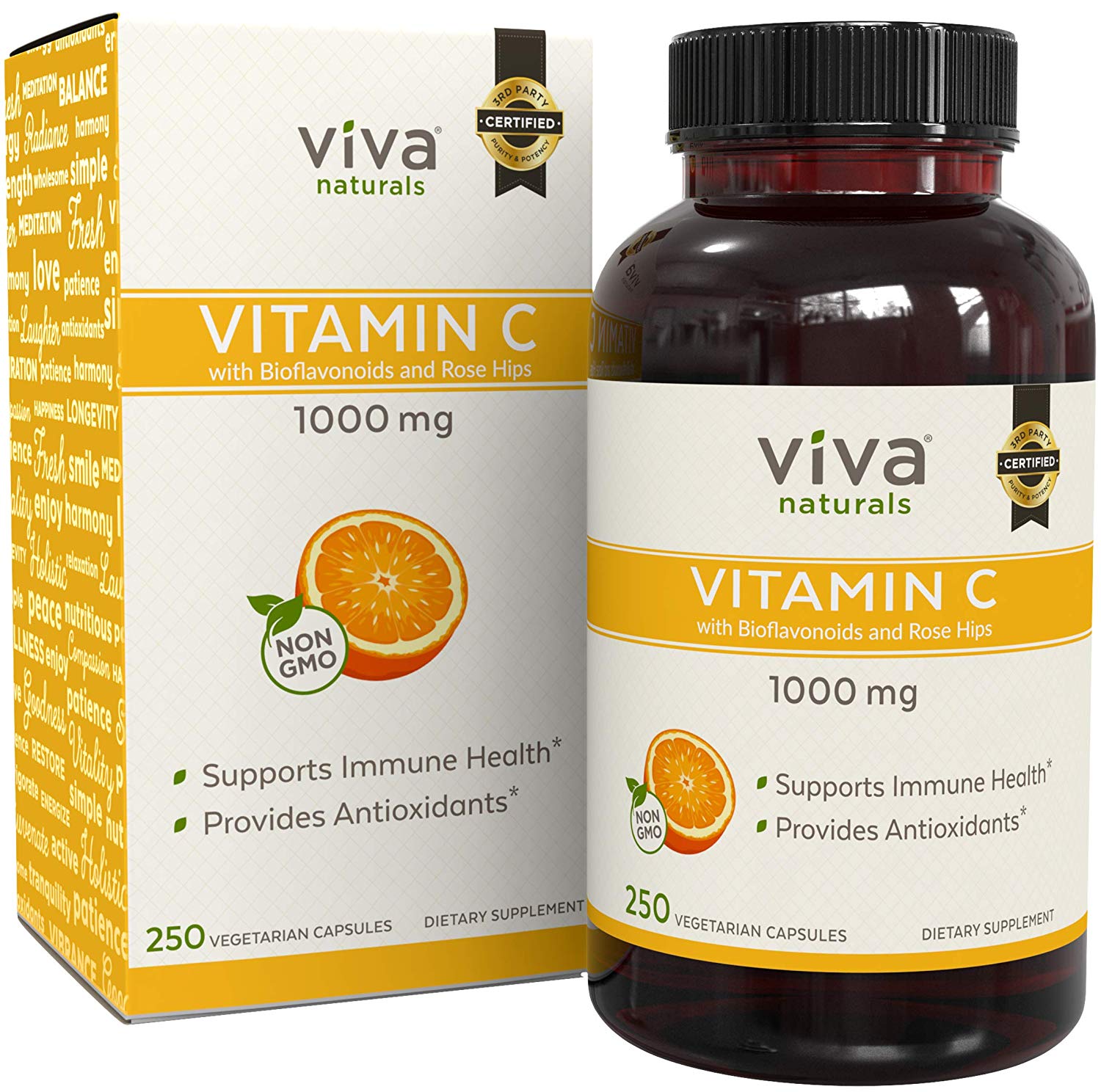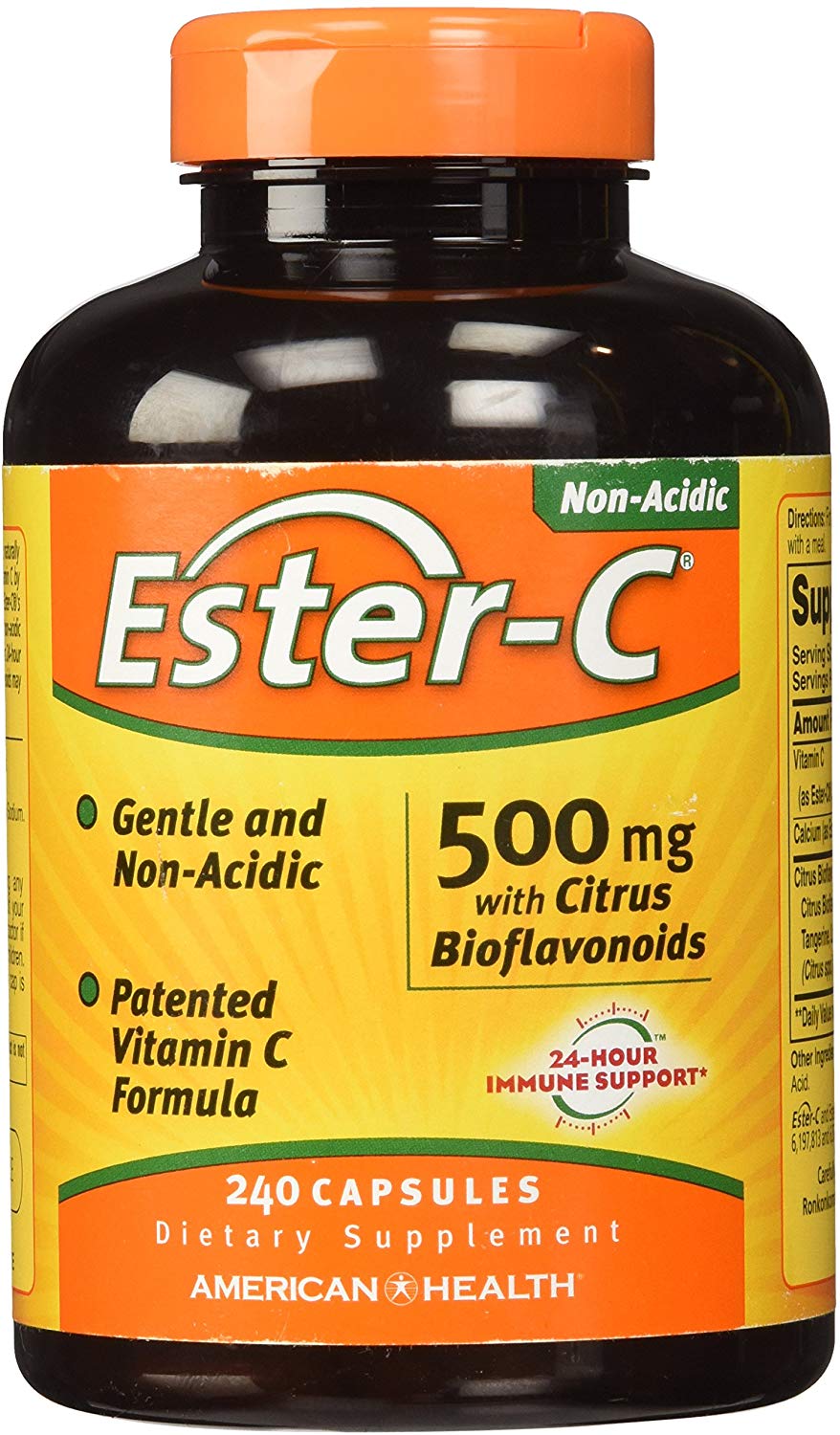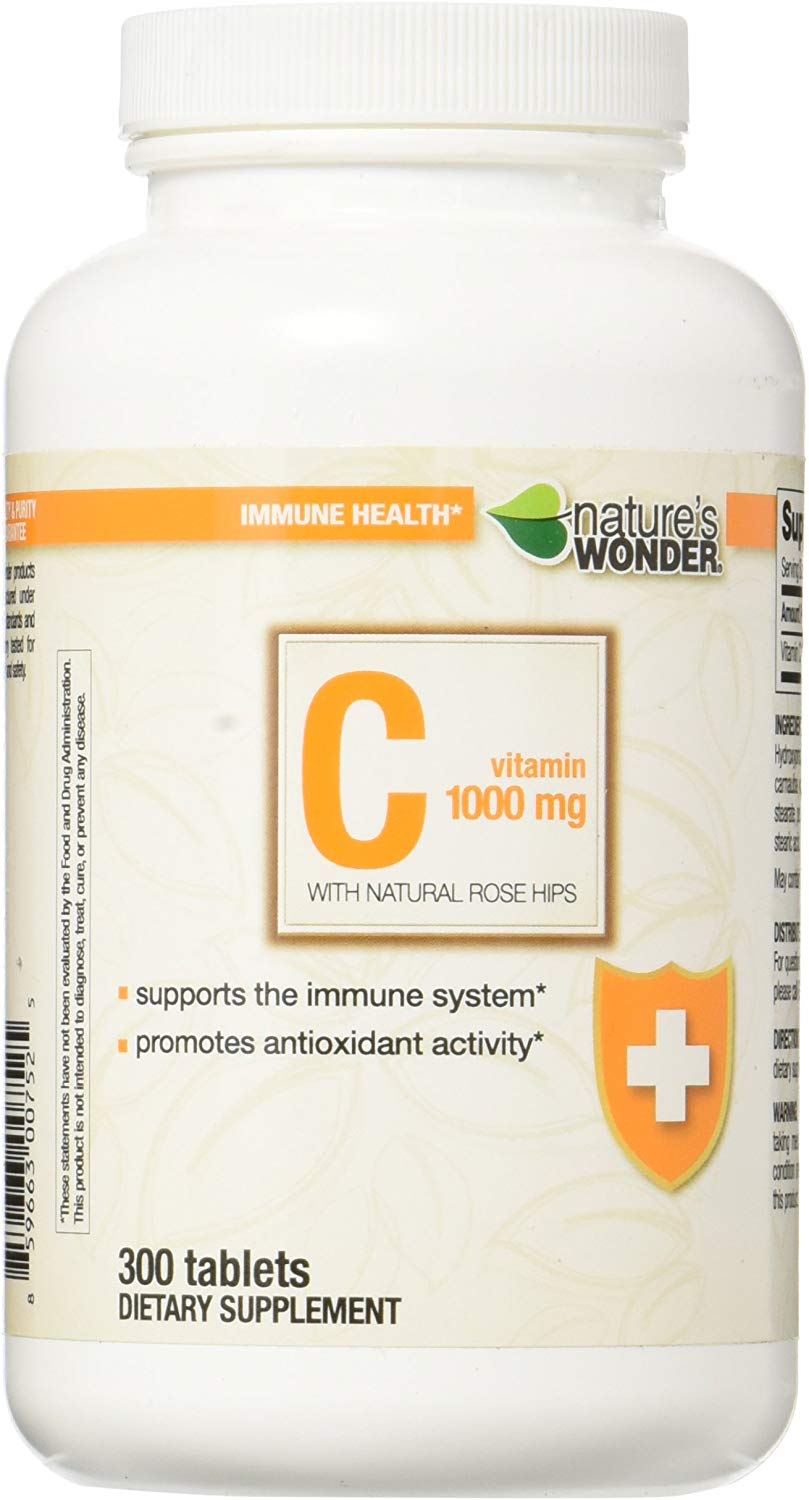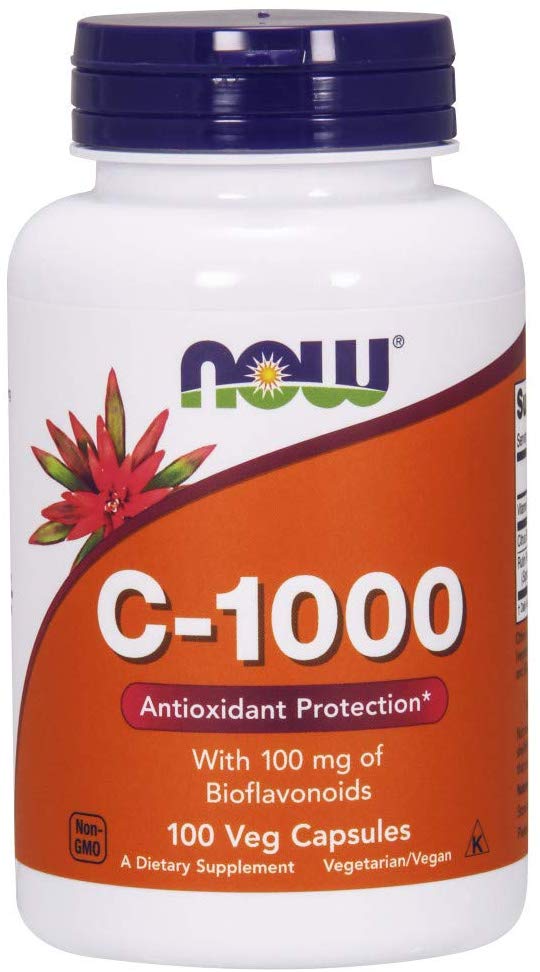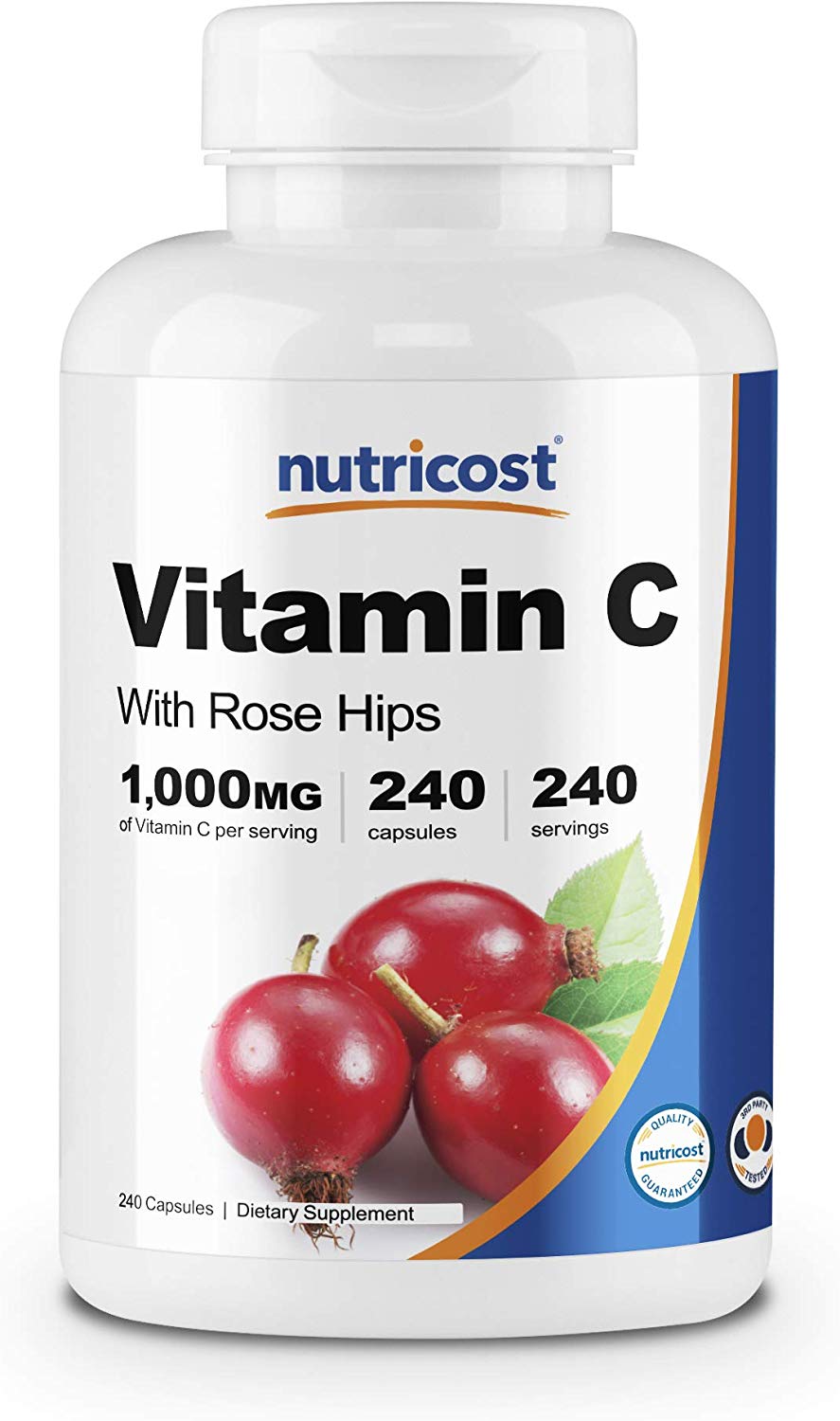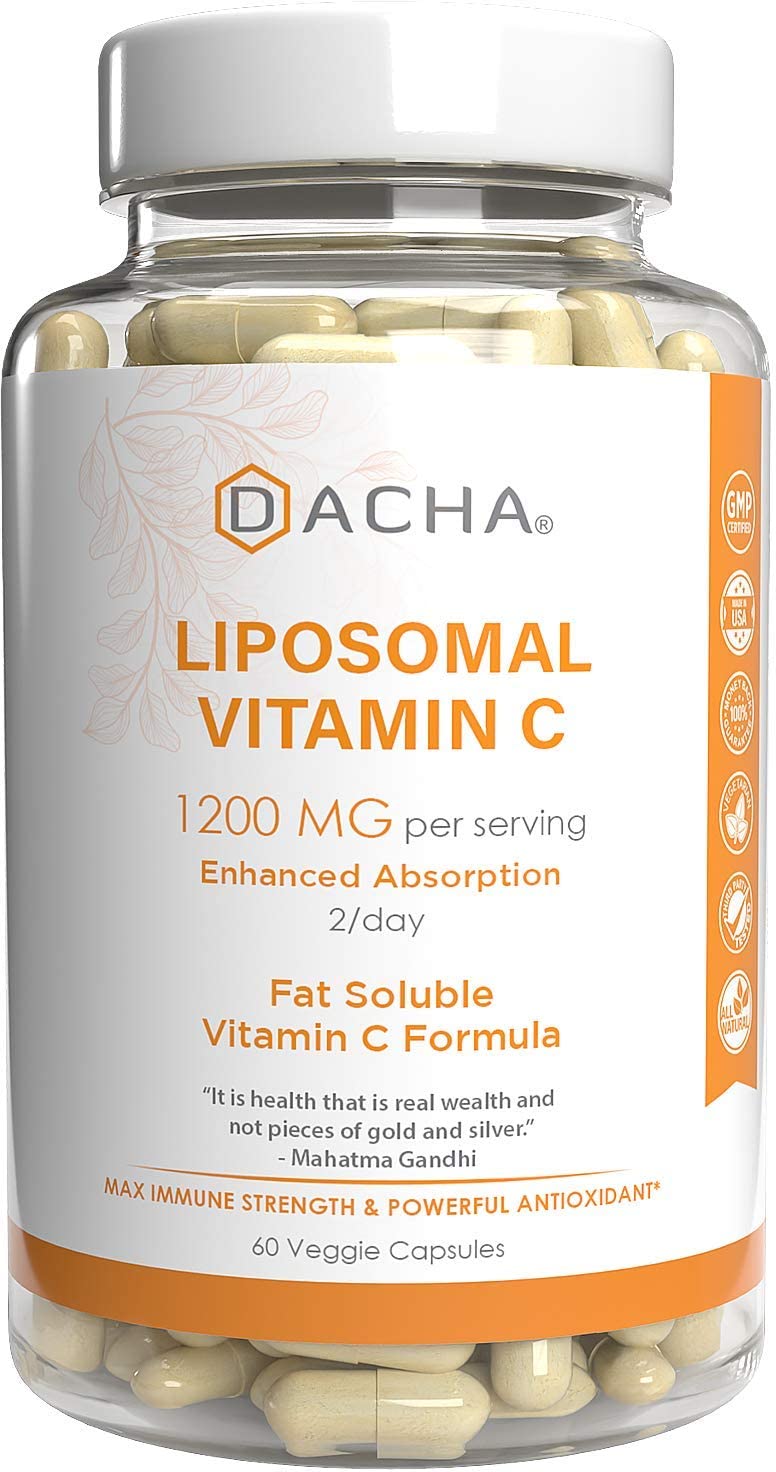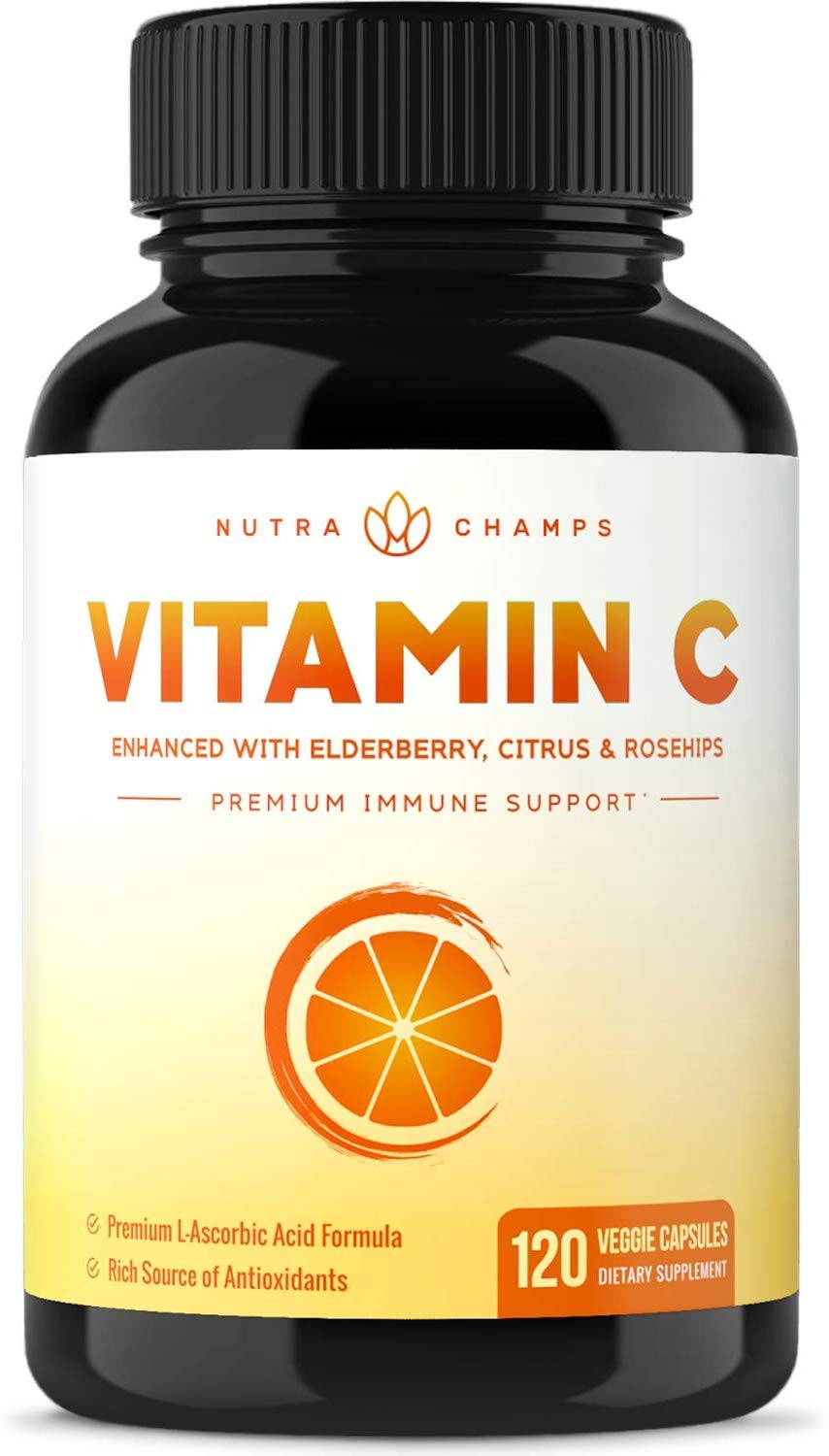Doctor’s Best Gluten Free Vitamin C, 1000mg
Last updated: December 14, 2019
We looked at the top Vitamin C Capsules and dug through the reviews from some of the most popular review sites. Through this analysis, we've determined the best Vitamin C Capsule you should buy.
Product Details
In our analysis of 19 expert reviews, the Doctor's Best Gluten Free Vitamin C, 1000mg placed 6th when we looked at the top 12 products in the category. For the full ranking, see below.From The Manufacturer
Vitamin C immune response antioxidant joints and tissue enzyme brain eyes heart circulation View larger Vitamin C Powder immune response antioxidant joints and tissue enzyme brain eyes heart circulation *These statements have not been evaluated by the Food and Drug Administration. This product in not intended to diagnose, treat, cure or prevent any disease. **Vitamin C contains Quali-C Registered. Doctor’s Best Vitamin Ccontains Q-C, which is manufactured in Scotland and prized for its quality and reliability. Vitamin C is indispensable to the body for its role in the synthesis of collagen, carnitine, and certain brain chemical transmitters. Abundant clinical research confirms Vitamin C’s fundamental support for the immune system, brain, eyes, heart and circulation, and all organ systems.* Vitamin C is also an electron donor, supporting numerous enzymes and enhancing the body’s total antioxidant potential.* Vitamin C Powder immune response antioxidant joints and tissue enzyme brain eyes heart circulation View larger Vitamin C Powder immune response antioxidant joints and tissue enzyme brain eyes heart circulation View larger Vitamin C Powder immune response antioxidant joints and tissue enzyme brain eyes heart circulation View larger Benefits of Vitamin C with Quali-C? Helps support a healthy immune system* Helps support the body’s antioxidant potential* Essential cofactor for important enzyme systems* Essential for joints* Why take Vitamin C with Quali-C? Doctor’s Best uses Quali -C, a brand of ascorbic acid manufactured in Scotland that is prized for its quality and reliability. Ascorbic acid is invaluable to the body for its role as an electron donor, supporting numerous metabolic enzymes in addition to enhancing the body’s total antioxidant potential.* Vitamin C is a key compound in the body’s “antioxidant network,” a chain of synergistic, inextricability linked, well-studied antioxidants that includes glutathione (GSH) and vitamin E.* How it works? Essential for the synthesis of collagen, carnitine, and certain brain chemical transmitters. Clinical research confirms vitamin C’s fundamental support for the brain, eyes, heart and circulation, immune system, and all the body’s other organ systems.* When vitamin E neutralizes free radicals it needs to be renewed. Vitamin C can renew vitamin E back to its native form, and is thought to “spare” glutathione in the body as well.* Enhances the body’s antioxidant network* – Vitamin C is a key compound in the body’s “antioxidant network,” a chain of synergistic, inextricability linked, well-studied antioxidants that includes glutathione (GSH) and vitamin E. When vitamin E uses its antioxidant function in neutralizing free radicals, it also loses this antioxidant function. Vitamin C can change this status; it can regenerate vitamin E back to its native form, and is thought to “spare” glutathione in the body as well. Importantly, when ascorbate donates an electron and becomes itself oxidized, or “consumed,” the ascorbate radical is relatively harmless.3 In a double-blind, placebo-controlled study in which blood GSH was measured in healthy subjects at several stages, 500 mg of vitamin C taken daily for 2 weeks significantly raised erythrocyte (red blood cell) glutathione levels. The researchers concluded that vitamin C supplementation at that level can benefit the overall antioxidant capacity of the blood.4 In another study of similar design, 1000 mg of vitamin C taken daily for 4 weeks bolstered vitamin E and glutathione content in erythrocyte cell membranes, compared with placebo.5 The highest concentrations of vitamin C in the body are found in the central nervous system (in neurons of the brain & spinal cord) and the adrenal glands. Although the presence of ascorbate in neurons is in part explained by its neuromodulatory enzyme activity, its high concentration suggests that vitamin C is so greatly retained by neurons in order to address the higher rates of oxidative metabolism experienced by the brain. This has led to the conclusion that under normal conditions, vitamin C helps safeguard the integrity of neurons (and therefore the brain), largely through neutralization of the free radicals of reactive oxygen species (ROS).6 Low levels of blood vitamin C and the resulting accumulation of ROS are thought to be detrimental—especially to aging populations. Supports the Cardiovascular and Immune Systems* Most prospective studies assessing vitamin C intake in large numbers of people who are followed over time indicate that the highest intakes of vitamin C are associated with enhanced cardiovascular benefits. In addition, some large studies of healthy individuals who take vitamin C supplements suggest that supplementation supports healthy heart function. The Nurses’ Health Study of more than 85,000 women followed for over 16 years found vitamin C intakes of more than 359 mg per day from diet plus supplements or from supplements alone were associated with a more favorable cardiovascular health status.7 In a recent review of studies in which more than 290,000 healthy adults were followed for an average of 10 years, those who took more than 700 mg per day of supplemental vitamin C had a substantially better cardiovascular profile than those who did not take vitamin C supplements.8 Oxidative stress is a central component of cardiovascular health, and vitamin C acts vigorously to counteract multiple avenues of oxidation that detract from cardiovascular health.9 Nitric oxide (NO) produced by endothelial cells (lining blood vessel walls) helps to maintain cardiovascular homeostasis and to safeguard blood vessels. Ascorbate helps to protect the normal NO biosynthesis pathway, which is easily disrupted by ROS. High levels of certain proteins in the blood serve as indicators of disruptions to both cardiovascular and immune system health. In a study of 3,258 healthy men, levels of vitamin C in the blood have been found to be inversely associated with these protein markers of unbalanced immune activation.10 In a study examining the blood of 240 healthy subjects, the concentration of glutathione and ascorbate was measured in lymphocytes.11 Interestingly, the vitamin C levels of the lymphocytes varied significantly depending on the season (ascorbate levels were lower in the winter), confirming earlier research in which investigators had reported fluctuations in blood vitamin C levels with the seasons. The researchers propose that vitamin C supplementation will not only increase levels of ascorbate in lymphocytes, but GSH levels as well. Although not a controlled clinical trial, the results here are one more piece of the immune system puzzle, and they also hint at what time of year vitamin C supplementation may be most beneficial. AREAS FOR FURTHER RESEARCH Results from a pilot study in young adults with either marginal or adequate vitamin C status indicate that vitamin C status impacts fat oxidation.12 The investigators conclude that this is one factor to consider in planning effective weight management strategies. In a subsequent study of 118 generally sedentary (some normal weight, some overweight) adults aged 20–60, the relationship between vitamin C, body mass index (BMI), and other measures of health was assessed. The researchers found that blood plasma vitamin C concentration was inversely correlated with BMI, percentage of body fat (adiposity), and waist circumference in both the men and women.13 This is particularly interesting because approximately one-third of Americans have marginal vitamin C concentrations. Previous studies also found an inverse relationship between plasma ascorbate and adiposity; it remains unknown whether the increased oxidative stress of carrying additional pounds accounts for this—but research will eventually provide us with an answer. Scientific References go to Doctor’s Best for more information on Vitamin C.
